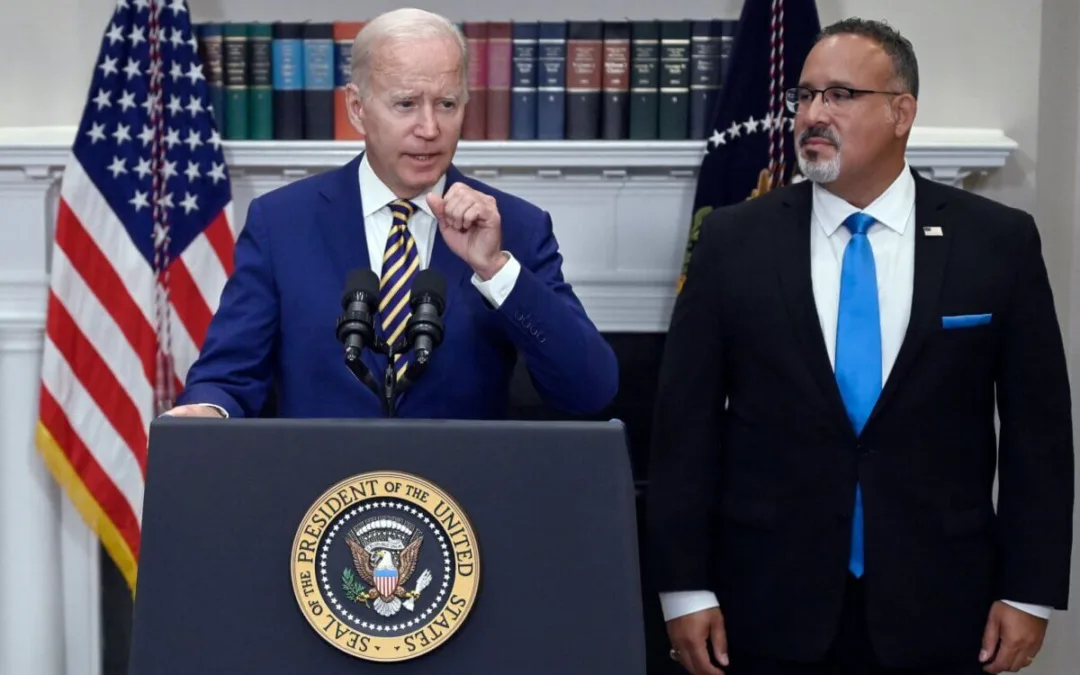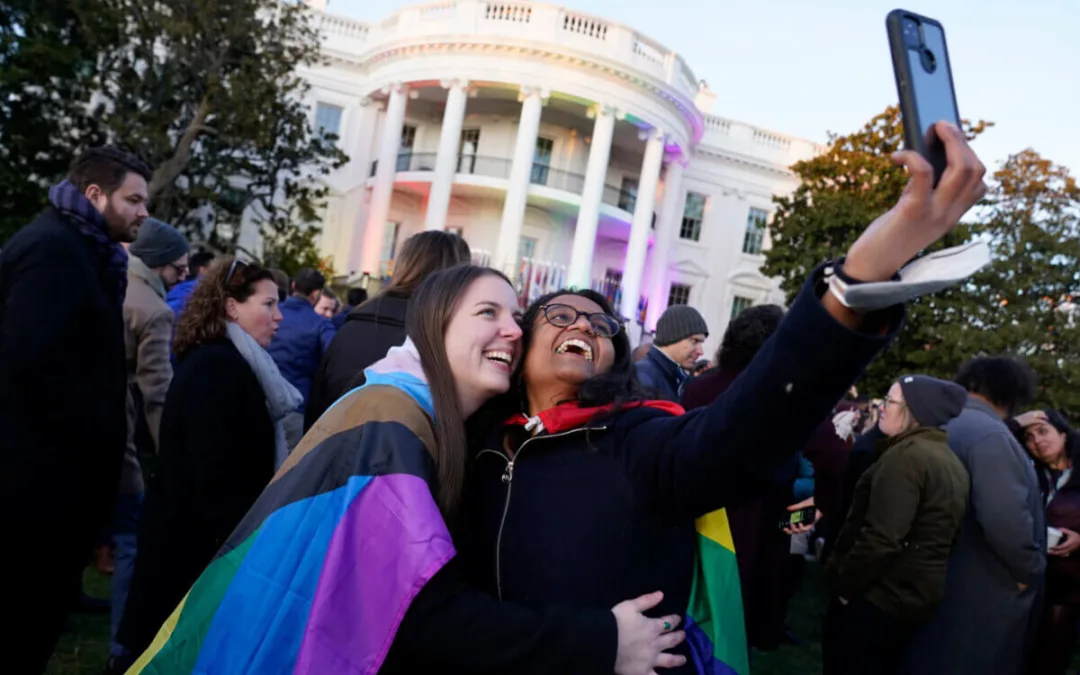
Image via Unsplash by Ronny Sison
With 49% of Latinos saying someone in their household has either lost their job or experienced a reduction in income due to the pandemic, the college dream might not be a priority, but students still have good and affordable options.
Most Latino parents want their kids to go to college, with 86% believing that college is essential to their future success. They are correct, considering the hourly wage for someone with a bachelor’s degree is considerably higher than that for someone with some or no college.
Public state institutions have indeed been a critical pathway to the middle class and overall upper economic mobility. While nothing can guarantee success, there is no denying that a college degree makes a difference.
Since her days in the White House, former First Lady Michelle Obama has championed college going through her College Signing Day celebrations on May 1. This year however, the COVID-19 pandemic has thrown all of education into a tailspin, moving classrooms to virtual exchanges and in the case of colleges, pushing many of them to extend the formerly sacred May 1 deadline to choose a college and make a deposit.
RELATED: The Effect Of COVID-19 On College Admissions For Latinos
To date, over 300 colleges and universities extended their deposit deadline to June 1, an unprecedented move that can benefit Latino students and families. These institutions understand that we are all dealing with an unprecedented situation and sincerely want to do right by students while also figuring out how to plan and prepare for the new school year.
For some smaller colleges that depend heavily on tuition dollars to run their institutions, the pandemic has meant the last straw in their attempts to stay afloat, a few already announcing they are closing for good.
Similarly, many Latino families are weighing the real consequences of the disproportionate impact of COVID-19 among them, with job loss and in some cases tragic loss of life of close family members. According to the Pew Research Center, 49% of Latinos say someone in their household has either lost their job or experienced a reduction in income due to the COVID-19 pandemic. Therefore, committing to and planning to pay for college can feel overwhelming. However, there are good and affordable college options.
RELATED: This Map Shows Where and Who Coronavirus Has Hit the Hardest This Week in Florida
As students make final decisions they should also make sure they update their college about their financial situation and request this be considered in their financial aid package. Families should have in hand information and evidence of their loss or change in income to share with colleges and universities offices of financial aid.
The pandemic has already had a concerning negative effect on current college students updating their financial aid needs information, with nearly 250,000 low income students not having renewed their Free Application for Federal Student Aid, also referred to as FAFSA. This is problematic as it could signal that many of these students may not be planning to return to college in the fall.
RELATED: Students With Debt Could See Relief — But They Need To Read The Fine Print
As most issues these days, even going to college has not escaped a political lens, with democrats being more likely to believe that there is value in going to college than republicans. In light of this, it is also perhaps not surprising that democrats seem to favor more college being free and a public good than republicans.
Much remains to be figured out about how the fall college season will look like. But going to college is not only the dream that Latino parents have for their kids, but also the best bet to get ahead. There is still time to make a college choice. Don’t let the pandemic make that choice for you.
Politics

Teamsters and UPS Reach Tentative Deal to Avoid Strike, 340,000 Workers to Get Raises
The tentative deal represents a huge win for full- and part-time UPS Teamster workers, who would get significant pay raises and better working...



One Republican Senator Is Blocking 265 Military Promotions, Leaving the Marines Without a Confirmed Leader
Sen. Tommy Tuberville's decision means these military officers are not getting the pay raises they’re owed, cannot move their families to wherever...
Local News



Teamsters and UPS Reach Tentative Deal to Avoid Strike, 340,000 Workers to Get Raises
The tentative deal represents a huge win for full- and part-time UPS Teamster workers, who would get significant pay raises and better working...



One Republican Senator Is Blocking 265 Military Promotions, Leaving the Marines Without a Confirmed Leader
Sen. Tommy Tuberville's decision means these military officers are not getting the pay raises they’re owed, cannot move their families to wherever...




